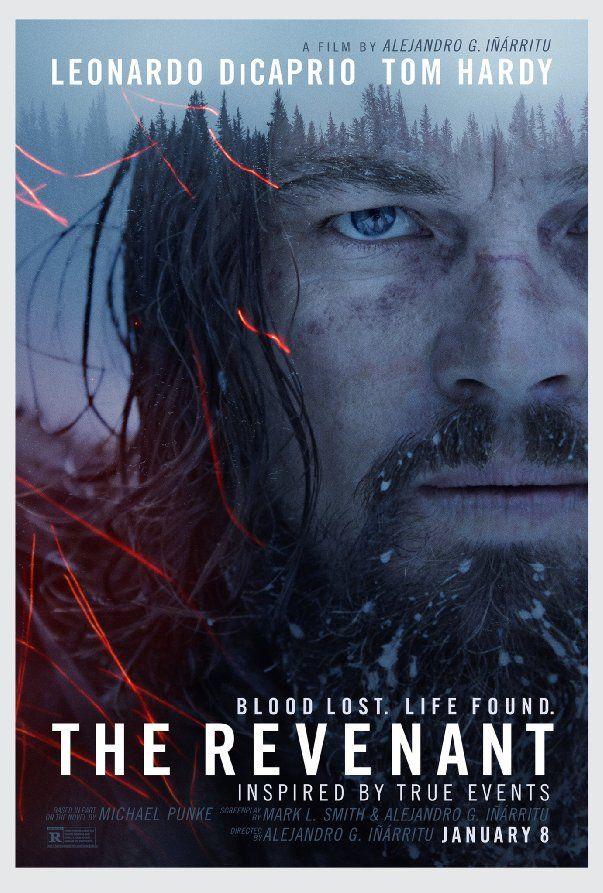DiCaprio excels in “The Revenant”
January 22, 2016
Alejandro González Iñáritu is a master behind the camera. Last year he directed the stunning “Birdman” which was composed of stunningly beautiful tracking shots that not only added constant momentum to the story, but kept the humor fresh. The continuous shot is always breathtaking and demands actors be at the top of their game for long period of time. “The Revenant” is another example of Iñáritu and the cinematographer Emmanuel Lubezki’s intense attention to detail and perfection.
Hugh Glass (Leonardo DiCaprio) is a fur trapper working with a company in the Louisiana Purchase in the 1820s. The group is led by Captain Andrew Henry (Domhnall Gleeson) when the hunting party is attacked by a Native American tribe. The remaining survivors make an escape and Glass is attacked and mauled by a bear, leaving him gravely wounded. When circumstances make it impossible for the group to remain with Glass until he can recover, they are forced to leave him for dead, to which he does not take kindly.
The acting in the film is top-notch. Tom Hardy as Fitzgerald once again adopts an accent that makes him difficult to understand, but his dedication to the physical acting and his intense persona breathes life into his character. Domhnall Gleeson once again gives a fantastic performance in probably the most exciting career of his year, giving amazing performances in “Ex Machina,” “Brooklyn” and “Star Wars: The Force Awakens” as well.
Of course, the real star of the film is Leonardo DiCaprio who is giving one of the best performances of the year, and one that hopefully will help him earn an Oscar that he has deserved for several years now. His performance is filled with scenes of intense physical exertion, wading in knee-high freezing cold water, convincingly portraying a bear attack and having to do all this in takes that usually continue for ten minutes at a time. His performance is one of the most astonishing ones of the year and very entertaining to watch.
The film is also brilliantly shot by cinematographer Emmanuel Lubezki who also worked on “Birdman,” Iñáritu’s last film. Lubezki’s style not only utilizes the continuous shot, but also includes sweeping shots of beautiful vistas. The film exudes a beauty in a way that epic films of the 1960s did.
My only complaint is that Iñáritu relishes in his work a little too much. The film is entirely too long and there are sections that can leave you wishing the film would simply continue. While that makes it slow at certain points it doesn’t change the fact that the film is still of the utmost quality. It is one of DiCaprio’s best films and it is incredibly beautiful and a spectacle of filmmaking.
Rating: 4/5 stars



